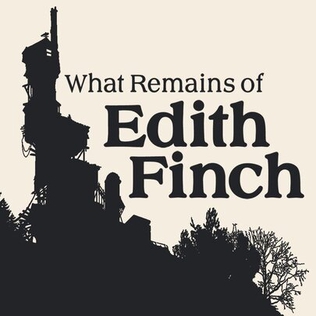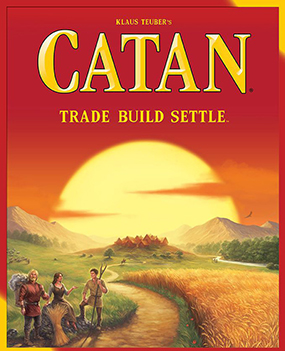The Psychonomic Society launched a new program, a Science Communication internship. Not all graduate students wish to continue in academia, so this program offers experience writing about science for the general public. Even for those students who do wish to go down the academic path, communicating our research to other people than other scientists is becoming increasingly important. After receiving many impressive applications, two interns were selected for the first term: Raunak Pillai and Kelly Cotton. Over the next six months, Raunak and Kelly will be part of our Digital Content team (currently comprised of me, the Digital Content Editor, and many Digital Associate Editors). As part of the program, they will write several posts that cover research conducted by our members and published in our seven journals.
Raunak served as one of our Twitternomes during several of the Society’s Annual Meetings. So, you may know him if you follow @Psychonomic_Soc on Twitter. Twitternomes takeover the Society’s Twitter account during the meetings covering the meetings’ happenings. In the interview below, I asked Raunak (pictured below) a series of questions to get to know him better. You can also follow him on Twitter @PillaiRaunak. While you’re reading, I’ll be checking out his favorite games.
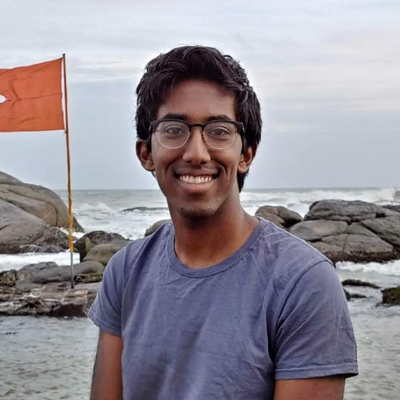
Without further ado, here’s Raunak!
What’s your area of research?
I am interested in what people believe about the world. In particular, I focus on the memory processes involved in supporting accurate and inaccurate beliefs. So, I’m interested in questions like: “why do we believe information more when we feel like we’ve heard it before?” and “what do we remember from news articles that debunk misinformation?”
In recent years there’s been growing awareness and concern about the spread of false information, especially on the Internet. I hope my work is able to answer some of the practical questions people have on this topic, while also helping improve our fundamental knowledge about how “truth” is constructed in the mind.
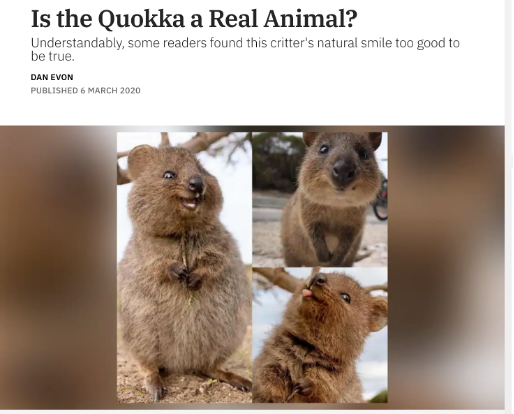
What’s the most exciting concept in cognitive science?
What really captured my interest in the field back in undergrad were some of the basic memory phenomena related to studying. Like how testing oneself or studying in a massed rather than a spaced fashion, for example, can improve one’s memory. I think what excites me the most about these phenomena is how they exemplify the ability of cognitive science address real-world issues, like classroom learning and instructional design.
What’s the most critical unsolved challenge or unanswered question for cognitive scientists?
I think examining questions of universality is one answer. To what degree are key phenomena heterogenous across individuals, and what contextual and other factors might account for this variation? These are certainly difficult and ongoing questions, but worthwhile ones, I think, in order to develop a science that speaks deeply to the diversity of human mental experience.
What drew you to science communication?
YouTube! I remember back in high school, I would spend hours watching channels about science and engineering, like Veritasium and Physics Girl. In fact, I was so inspired by these channels I decided to try my hand at YouTube. During college, I would make videos about stuff I had learned in my psych classes—ideas like infant statistical learning and the endowment effect—and post them online. The videos seemed well-received, but they take a long time to make, and I haven’t had much time to make any in grad school. I’m excited to get back to science communication through the blog posts as part of this internship!
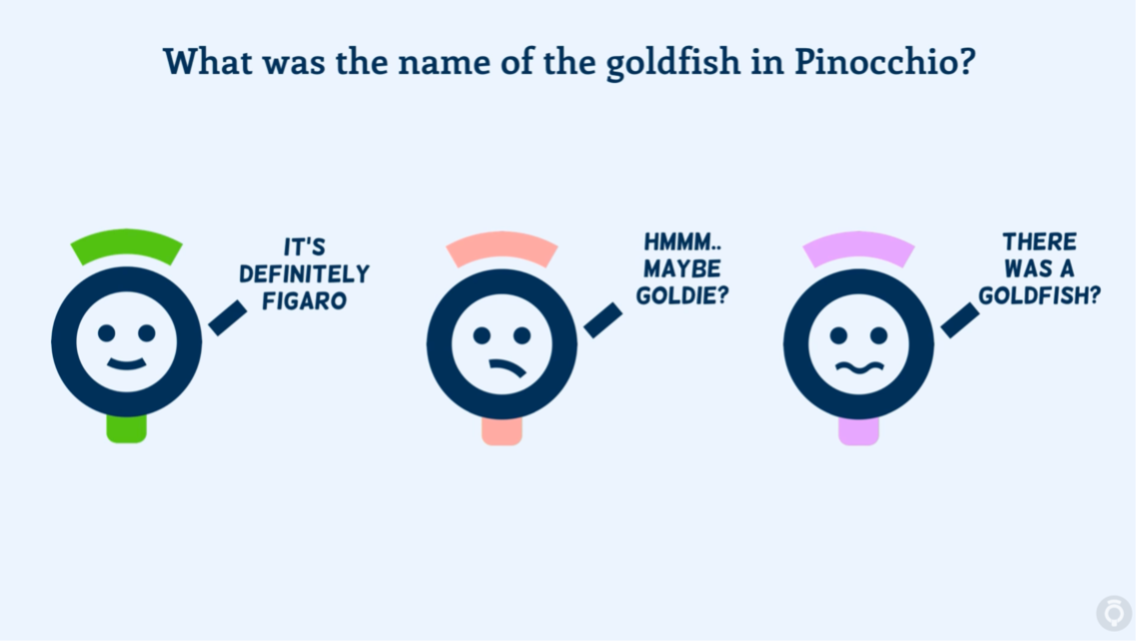
Is there anything else you want us to know about you?
Outside of work, I really enjoy playing board games (Catan is a favorite), videos games (What Remains of Edith Finch is a favorite), and tennis.
